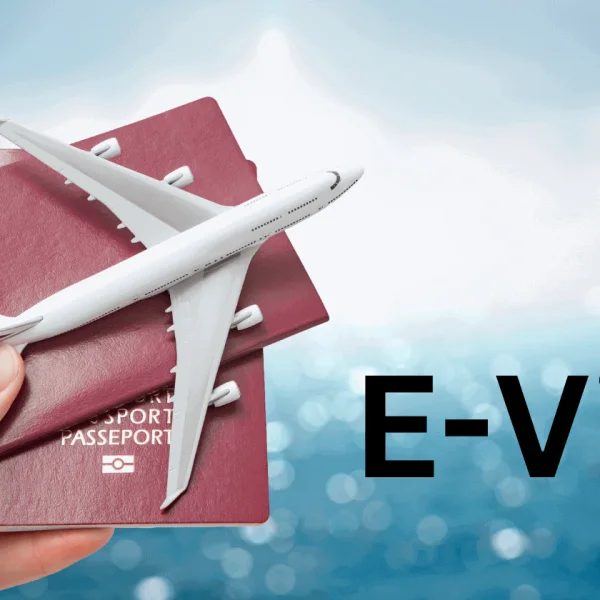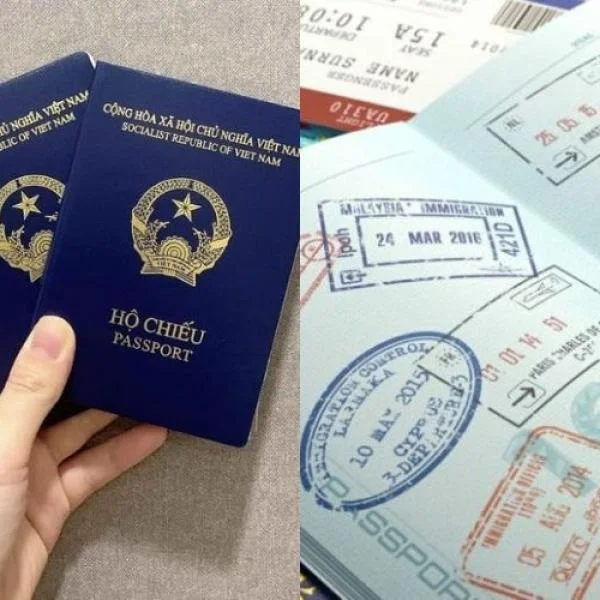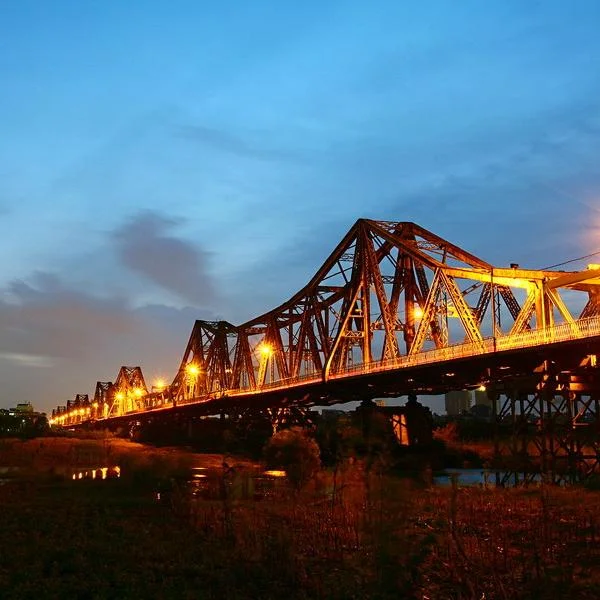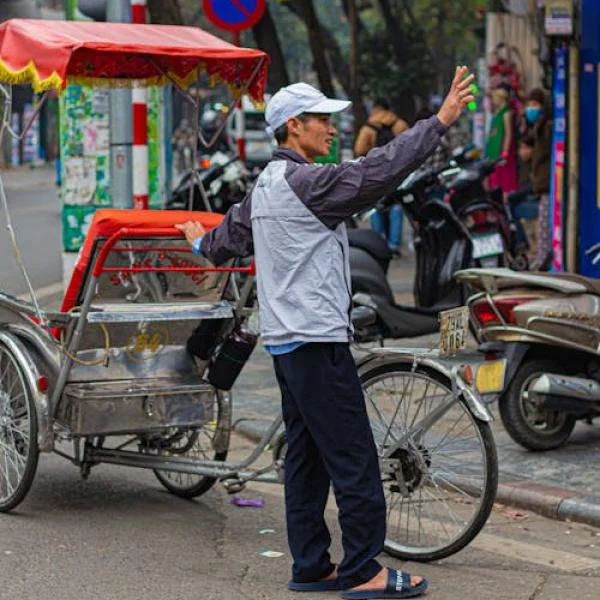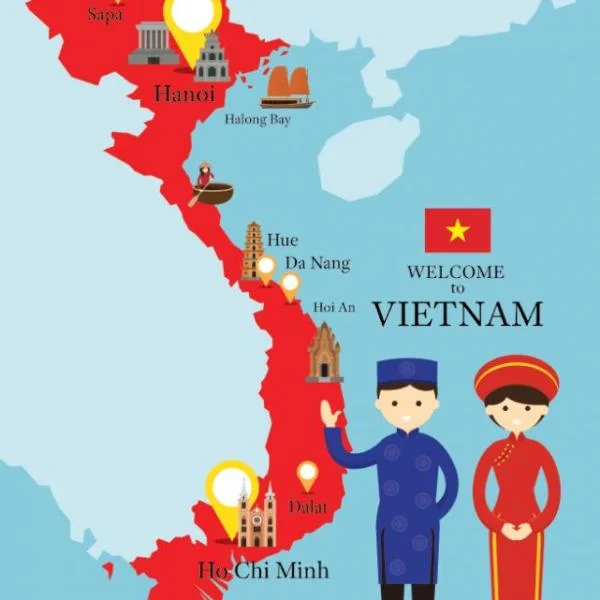Money Matters in Vietnam: A Comprehensive Guide for Travelers
Money Matters in Vietnam: A Comprehensive Guide for Travelers
Understanding the local currency and payment methods is crucial when traveling to Vietnam. This comprehensive guide will walk you through everything you need to know about managing your money in Vietnam, from currency exchange to budgeting tips.
The Official Currency: Vietnamese Dong (VND)
The official currency of Vietnam is the Vietnamese Dong (VND). As of December 31, 2024, the exchange rate is approximately:
- 1 USD = 24,000 VND
- 1 EUR = 26,500 VND
- 1 GBP = 30,500 VND
For the most up-to-date exchange rates, use reliable currency converters like XE.com or Oanda.com.
Key Points:
- Vietnamese Dong comes in both notes and coins
- Banknotes range from 500 VND to 500,000 VND
- The most common notes for tourists are 10,000, 20,000, 50,000, 100,000, and 200,000 VND
Paying in Foreign Currencies
While some establishments in tourist areas might accept US dollars or Euros, it's generally not recommended. Here's why:
- Exchange rates offered by businesses are often unfavorable
- You may receive change in VND at a poor exchange rate
- Paying in VND ensures you're getting the best value for your money
Where to Exchange Money in Vietnam
It's advisable to exchange your currency once you arrive in Vietnam. Here are the primary options:
- Airport Exchange Bureaus:
- Convenient but often offer less favorable rates
- Open 24/7 at major international airports
- Banks:
- Offer competitive rates and are generally safer
- Major banks include Vietcombank, BIDV, and Agribank
- Operating hours: Usually 8 AM to 4 PM, Monday to Friday
- Authorized Exchange Bureaus:
- Found throughout cities, often with better rates than airports
- Look for "Ty Gia" signs indicating official exchange services
- Hotels:
- Convenient but typically offer less favorable rates
- Best for small amounts or emergencies
How Much Money to Bring
There's no strict limit on how much cash you can bring into Vietnam. However:
- If carrying more than US$5,000 (or equivalent), declare it to customs upon arrival
- It's generally safe to bring around $200-$300 in cash for immediate expenses
Tips for Exchanging Money
- Check the exchange rate before your trip and compare rates between different exchange bureaus
- Count your money immediately after exchanging
- Request smaller denominations (50,000 VND and 100,000 VND notes) for easier transactions
- Keep exchange receipts, as you'll need them to convert VND back to your home currency when leaving Vietnam
ATMs vs. Cash Exchange
Both options have their pros and cons:
ATMs:
- Pros: Convenient, widely available in cities and tourist areas
- Cons: Withdrawal fees (typically 20,000-50,000 VND per transaction)
- Daily withdrawal limits vary (usually 2-5 million VND)
- Popular ATM networks: Vietcombank, BIDV, Techcombank
Currency Exchange:
- Pros: Better rates, no withdrawal fees
- Cons: Operating hours limited, may have longer waiting times
- Bring crisp, undamaged bills for best exchange rates
Credit Cards in Vietnam
While credit card acceptance is growing, cash is still king in Vietnam.
- Major credit cards (Visa, Mastercard, JCB) are accepted in larger cities and tourist areas
- Many smaller businesses and local markets only accept cash
- Always inform your bank about your travel plans to avoid card blocks
Budgeting for Your Vietnam Trip
Your daily budget will depend on your travel style:
- Budget Traveler: 1,000,000 - 1,200,000 VND ($40-50 USD) per day
- Hostels or budget guesthouses
- Street food and local restaurants
- Public transportation
- Mid-range Traveler: 1,500,000 - 2,400,000 VND ($60-100 USD) per day
- 3-star hotels
- Mix of local and international restaurants
- Occasional guided tours
- Luxury Traveler: 3,600,000 VND ($150 USD) or more per day
- 4-5 star hotels
- Fine dining
- Private tours and luxury experiences
Money Safety Tips in Vietnam
- Use a money belt or hidden pouch for carrying cash and important documents
- Avoid flashing large amounts of cash in public
- Be cautious of money scams, especially in busy tourist areas
- Use hotel safes for storing valuables and excess cash
- Keep a small amount of emergency cash separate from your main funds
Digital Payment Options
While cash is predominant, digital payment methods are gaining popularity in urban areas:
- Mobile wallets like Momo and ZaloPay are widely used by locals
- Some businesses accept international payment apps like PayPal and Apple Pay
- WeChat Pay and Alipay are accepted in some tourist-oriented businesses
By following these guidelines and staying informed about local practices, you can manage your money effectively and focus on enjoying your Vietnamese adventure. Remember to always have some cash on hand, especially when venturing outside major cities, and stay vigilant to ensure a smooth and worry-free trip.



